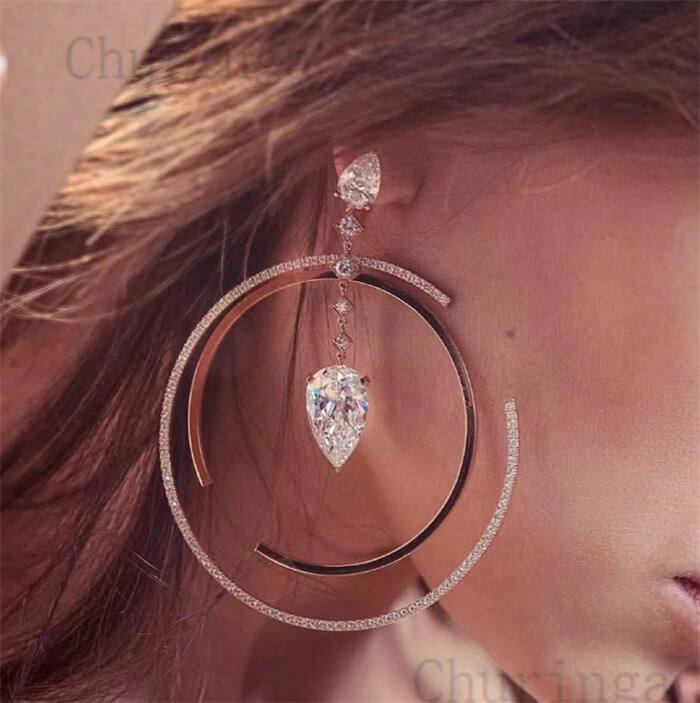The strength and durability of steel make it the popular choice for – well – almost anything, from small household appliances to massive sea-going vessels. However, the Achilles heel of steel comes in the form of corrosion.
In an untreated state, steel falls victim to corrosion and can lose its integrity quickly. This makes a protective coating essential for the finished product which reduces wear and tear and acts as an additional barrier between the raw product and the elements.
Protective Coatings for Steel
There are four main coatings which form a protective barrier for metal: barrier, inhibitive, sacrificial and combination.
We’re taking a look at barrier and sacrificial coatings in particular
Barrier
Barrier coatings are used to improve corrosion resistance, render a surface inert or reduce contamination. They protect the underlying product by preventing moisture or other elements from penetrating.
While there are a variety of barrier coatings available, they will all contain a plastic resin layer which acts as a strong and durable shield.
Barrier coatings are ideal in instances where harsh chemicals would otherwise destroy the integrity of the steel product, and are still effective at elevated temperatures.
As an example, Kraton barrier coatings offer a highly versatile product.
They say, “Kraton™ G SEBS polymers provide outstanding adhesion to metals and non-polar materials like plastics and composites. The polymers can be blended with Kraton™ A1536 to produce harder coatings.
“Coatings with functionalized Kraton™ FG1901 SEBS and Kraton™ RP6670 SEBS deliver exceptional substrate adhesion, durability and corrosion-resistance. These coatings are ideal for the protection of piping, concrete, architectural structures and vehicle undercarriages. It can also be used in building envelope applications such as waterproofing foundations and other structure sections.”
Sacrificial
As the name implies, sacrificial coatings are made up of elements which will themselves corrode to ensure that the substrate to which they’re applied remains unaffected.
These are ideal in an environment where electrochemical or atmospheric processes would compromise the metal.
The process is surprisingly simple.
“Pieces of zinc or magnesium alloy are attached to pump bodies and pipes. The protected metal becomes the cathode and does not corrode. The anode corrodes, thereby providing the desired sacrificial protection. These items are known as sacrificial anodes and “attract” the corrosion to them rather than the iron/steel. The sacrificial anodes must be replaced periodically as they corrode.” (Source)
Yes, even steel has its weakness, but when handled by a skilled team with the knowledge and experience you’d expect from the professionals, your final product will be as strong as you need it to be.

